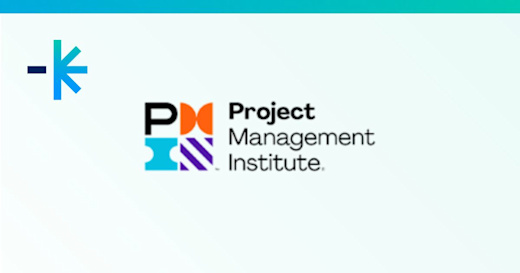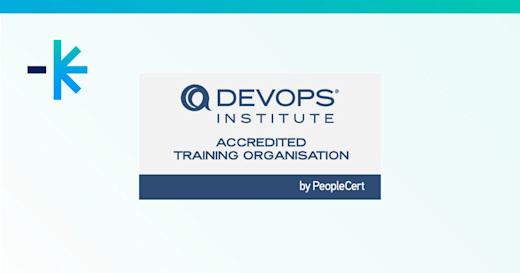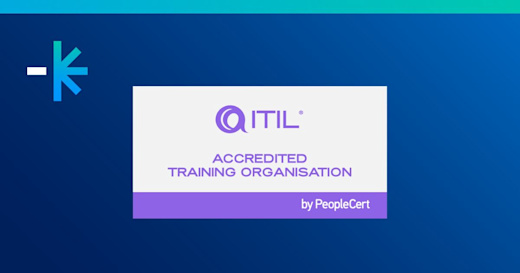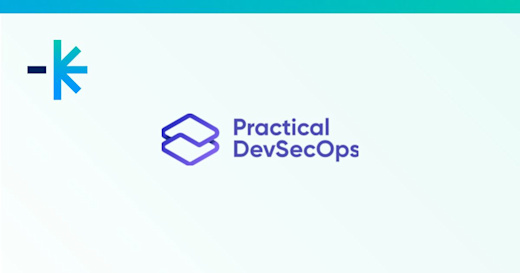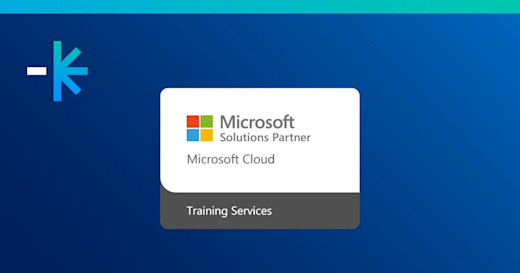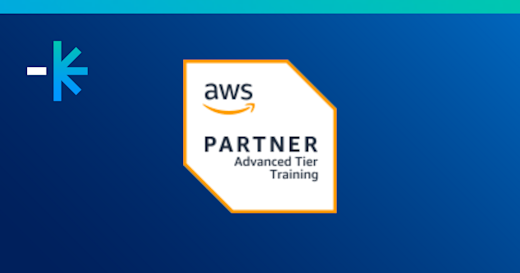DDLS and Practical DevSecOps provide DevSecOps training to IT professionals and will train developers how to embed cybersecurity checks and secure applications. DDLS says DevSecOps skills are the highest paying non-certified IT skills.
DDLS partners with Practical DevSecOps to offer self-paced, vendor neutral DevSecOps training and certification programmes for IT and security professionals in Australia.
New courses including the ‘Certified DevSecOps Professional’ and ‘Certified DevSecOps Expert’ will soon available for professionals. These courses, DDLS says, “will train developers on how to embed cybersecurity checks into every stage of the development lifecycle, rather than just inserting a security verification check at the end, which has become common practice.”
Cybersecurity teams are struggling to keep pace with the speed of DevOps teams who “deploy code to production multiple times a day.” DevSecOps is a way “to insert cybersecurity assurance throughout the development lifecycle, ensuring applications are completely secure.”
The ‘professional’ certification is designed for intermediate-level developers and covers concepts such as Security as Code, Compliance as Code and Configuration Management and Infrastructure as Code, while the ‘expert’ certification moves to more advanced concepts such as Threat Modelling as Code, Run-time Application Security Protection (RASP), Interactive Application Security Testing (IAST), Container Security, Secrets Management and more.
DDLS says “DevSecOps is a key emerging skillset which will be crucial for organisations to embrace as the adoption of DevOps continues to rise.”
IT professionals who have experience integrating security practices into the development process will be high in demand. According to data by Foote Partners, DevSecOps skills “are the highest paying non-certified IT skills, earning IT professionals a median 19% of their base salary with a reported range of 16 to 21%.”
Jon Lang, DDLS CEO, says Australia has the largest portfolio of IT and cybersecurity training, and DDLS is seeking for opportunities “to provide organisations with the most in-demand skills.”
“After identifying a critical gap in DevSecOps skills, we wanted to improve access to flexible, vendor-neutral training programmes to alleviate this. Partnering with Practical DevSecOps has enabled DDLS to introduce a new self-paced training solution to the market, thereby assisting organisations who want to apply security automation in DevOps through new approaches, technologies and tools but don’t necessarily have the skills yet”, he says.
Both courses include access to an online simulation-based DevSecOps Training Platform, which includes 30 day-access to live labs for professionals to practise their skills in a realistic environment. The certification will also test students with online task-oriented exam, which enables them to demonstrate practical knowledge gained in the course by solving challenges within a set timeframe.
Imran Mohammad, CEO Practical DevSecOps, concludes: ”In partnership with DDLS, we are excited to be able to offer state of the art DevSecOps training courses and certification in Australia. This will ensure that we continue our role in supporting the community of people and organisations looking for ways to improve data security across their applications’.”
References: https://itwire.com/business-it/ddls-and-practical-devsecops-introduce-courses-for-security-%E2%80%98professional-and-experts%E2%80%99.html


